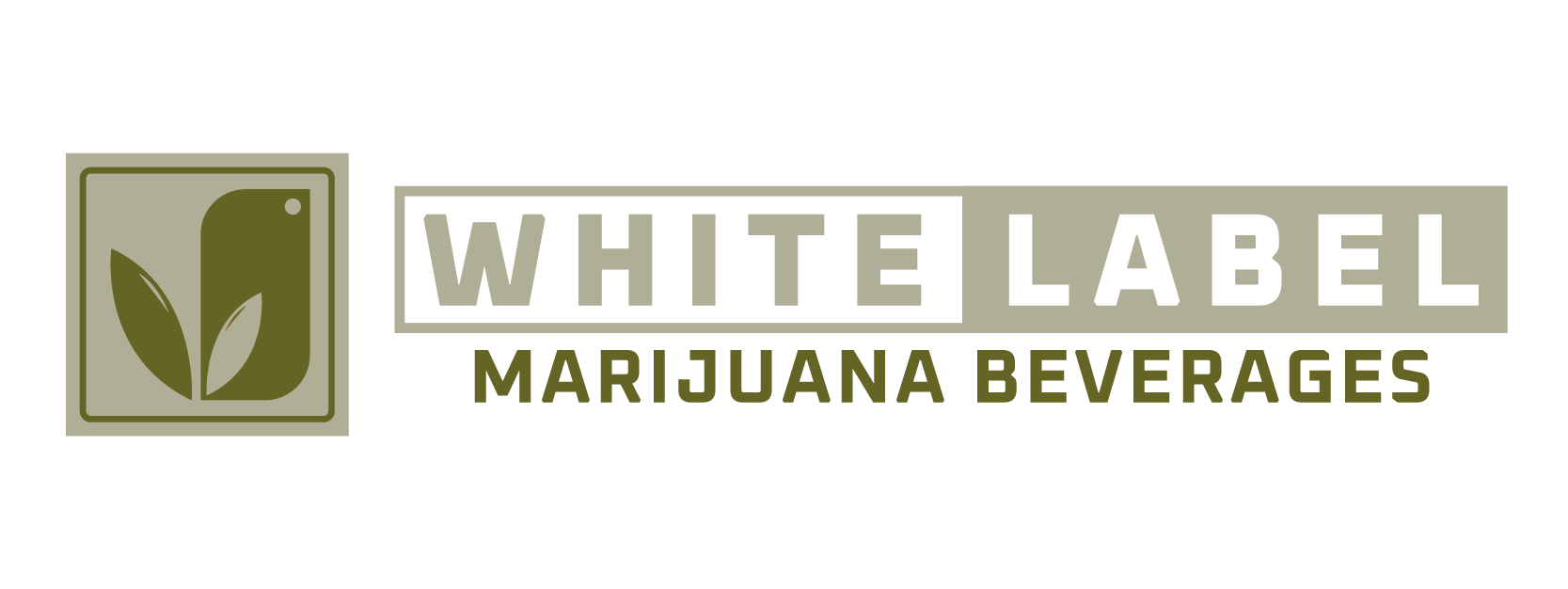In today’s cannabis industry, multi-state operators (MSOs) continue to dominate headlines with expansive cultivation facilities, vertically integrated supply chains, and large-scale marketing budgets. Yet, small and mid-sized retailers are finding ways to stay competitive. One of the most effective strategies emerging in recent years is the adoption of white label cannabis beverages. These products allow independent retailers to leverage the fastest-growing category in cannabis while building unique brand identities that rival even the largest operators.
Leveling the Playing Field
MSOs hold a distinct advantage in economies of scale, controlling cultivation, processing, distribution, and retail. Independent retailers, on the other hand, often lack the capital to fund research and development or operate at such scale. White label beverages bridge this gap by enabling smaller businesses to source pre-formulated drinks from licensed manufacturers, then customize the branding and packaging to align with their customer base.
According to BDSA, cannabis beverages represent one of the fastest-expanding categories, with sales expected to surpass $1.2 billion in the U.S. by 2027. While MSOs are quick to launch their own beverage lines, small retailers can differentiate by tailoring flavors, potencies, and branding that directly reflect local consumer preferences. This agility helps them compete not by volume, but by personalization and niche focus.
Consumer Appeal and Brand Loyalty
Consumers are increasingly looking for cannabis beverages as alternatives to smoking or vaping. Headset data shows that beverages attract a broad demographic, including new cannabis users, health-conscious shoppers, and social consumers who prefer discreet formats. By introducing white label beverages, independent retailers can capture these diverse segments under their own house brand.
Unlike selling generic branded products, a retailer’s own beverage line builds long-term loyalty. Customers who enjoy a store’s exclusive drink offerings are more likely to return, not just for beverages but for other products as well. This creates a brand halo effect, where the beverage becomes a key differentiator in a crowded marketplace.
Lower Barriers to Entry
Developing a proprietary beverage brand from scratch requires significant investment in formulation, testing, compliance, and packaging. White label solutions remove most of these barriers. Licensed manufacturers already have tested formulas, GMP-compliant facilities, and expertise in infusion and stability. Retailers simply need to align on branding and distribution, reducing time to market and upfront risk.
This streamlined entry point allows smaller retailers to innovate without overstretching resources. In markets where margins are compressed due to wholesale price declines, controlling an exclusive product line provides better margin opportunities compared to reselling widely available SKUs from MSOs.
Competitive Differentiation in Local Markets
While MSOs often focus on uniform branding across multiple states, independent retailers can use white label beverages to emphasize local identity. For example, a dispensary in Colorado may design a beverage inspired by mountain culture, while a store in Florida might highlight tropical flavors. This hyper-local approach resonates with regional consumers and helps independents build stronger community connections.
Additionally, smaller retailers can respond to trends faster than large corporations. If demand grows for sugar-free, low-dose, or terpene-infused beverages, independents can quickly adjust their product mix through flexible white label partnerships. This responsiveness is particularly valuable as consumer preferences in cannabis beverages continue to evolve.
Read More: Shelf Power: Why Strong Branding Wins in Cannabis Beverages
Long-Term Industry Implications
The rise of white label beverages could ultimately shift the balance of power in cannabis retail. Instead of depending on MSOs’ product pipelines, independents have a pathway to compete on brand equity and consumer trust. As cannabis drinks expand into mainstream retail channels, from hospitality venues to wellness markets, independents with strong beverage brands will be well-positioned to claim shelf space.
Industry analysts note that consumer packaged goods (CPG) strategies—already standard in food and beverage—are now translating into cannabis. White label partnerships give independents access to that same CPG model, allowing them to build recognizable, scalable brands without needing the infrastructure of an MSO.
In Summary
White label beverages are reshaping the competitive landscape of cannabis retail. By lowering barriers to entry, strengthening customer loyalty, and providing a platform for localized branding, they enable small retailers to carve out meaningful market share against well-capitalized MSOs. As the cannabis beverage sector continues its rapid growth trajectory, independents that embrace white label strategies are proving that innovation and agility can rival scale.
